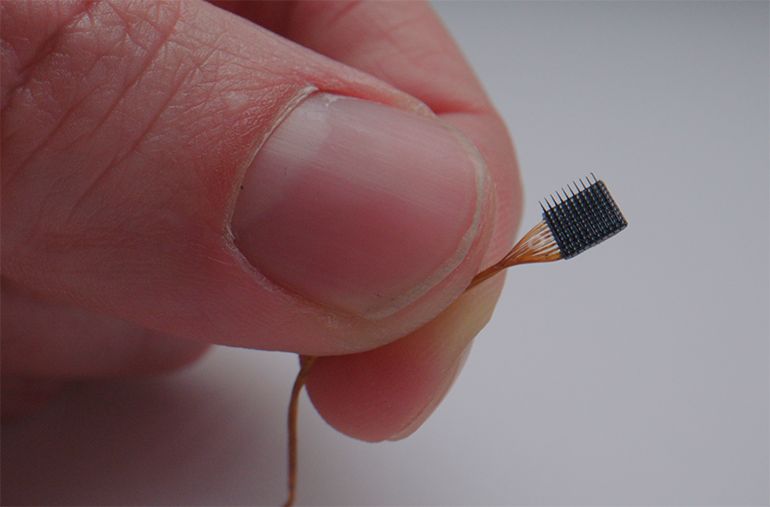From an individual as well as a societal standpoint, we are required to keep an open mind in every imaginable context. This is a hugely critical part of our pursuit for sustainable growth. Now, even though its importance is largely undeniable, we aren’t always able to fulfill the obligations that come with it. If we have to back the said claim through an example, we can just look at the initial days of technology. Technology, being the unorthodox creation it has been since the get-go, wasn’t essentially quick to win over everyone. In fact, many experts around the block felt comfortable ruling it out entirely over the long-term. However, as we would find out, the creation eventually proved everyone wrong by making a transformational impact on some major areas of our lives, including the all-important medical sector. The link-up between technology and healthcare offered great value due to how it reinvented each methodology so extensively, and to the world’s credit, we have continued building upon those foundations. While the by-products of such a move bear no scarcity in regards to volume, the latest medtech brainchild might very well end up standing out like a genuine milestone.
Blackrock Neurotech, a medtech company based in Salt Lake City, has successfully developed a thought-to-text brain-computer interface, which is designed to help patients suffering from written communication difficulties. Using machine learning technology as a centerpiece, the system facilitates a patient’s desire to type by asking them just to imagine themselves typing. Once that happens, Blackrock’s product picks up the neural signals in play before delivering a full-fledged translation. According to certain reports, the device can currently manage a speed of 90 characters per minute. As far its translation accuracy rate is concerned, the figure easily touches a respectable 94% mark. Nevertheless, it can also shoot up to 99% when the text is autocorrected through the computer system.
“We are seeing the beginning of a revolution in the use of BCIs for the diagnosis and treatment of neurological disorders and disabilities. Down the line, there are a number of applications that may see benefits using our technology platform, including the restoration of treating or mitigating pain, hearing loss, depression, seizures, memory loss, possibly depression and many others,” said Florian Solzbacher, co-founder and chairman of Blackrock Neurotech.
Slated to launch in late 2022, the new thought-to-text platform should be seen as an important step forward. A sheer lack of such devices in the market limits the horizons for people dealing with severe neurological conditions like paralysis. Hence, it has all the room to do something special.


















